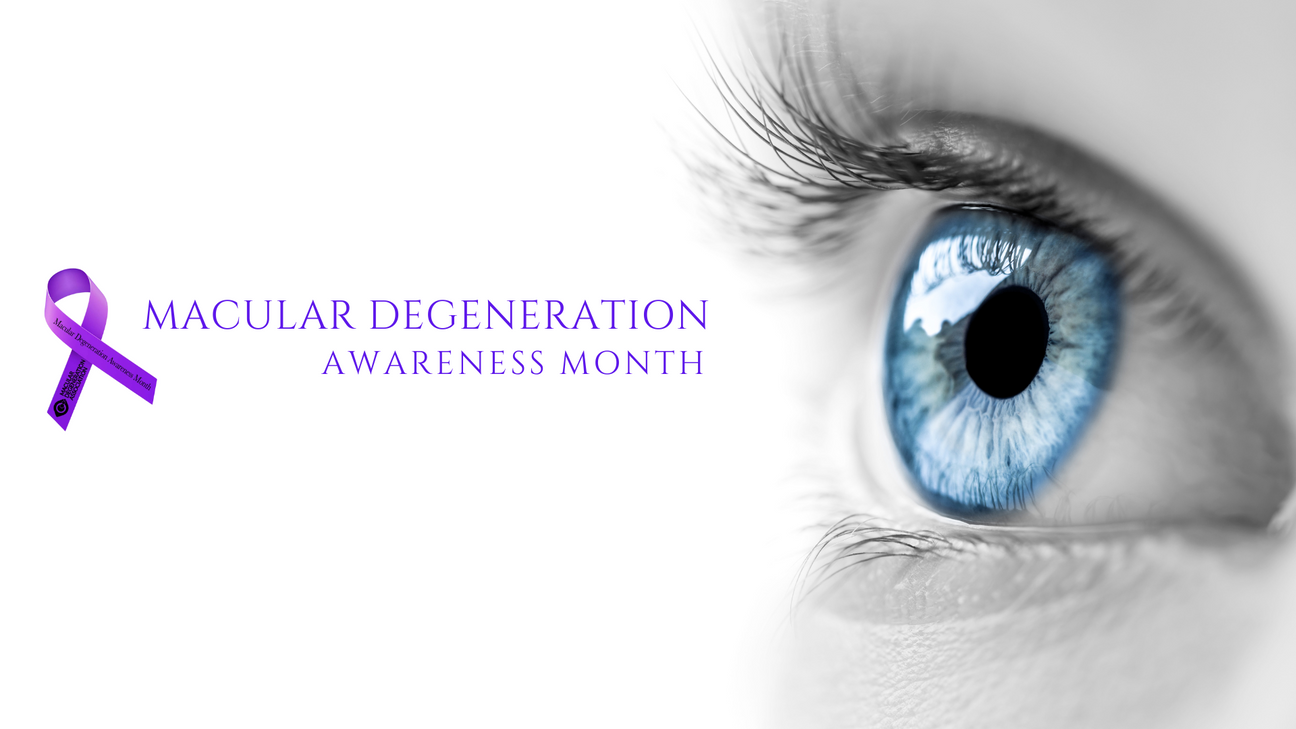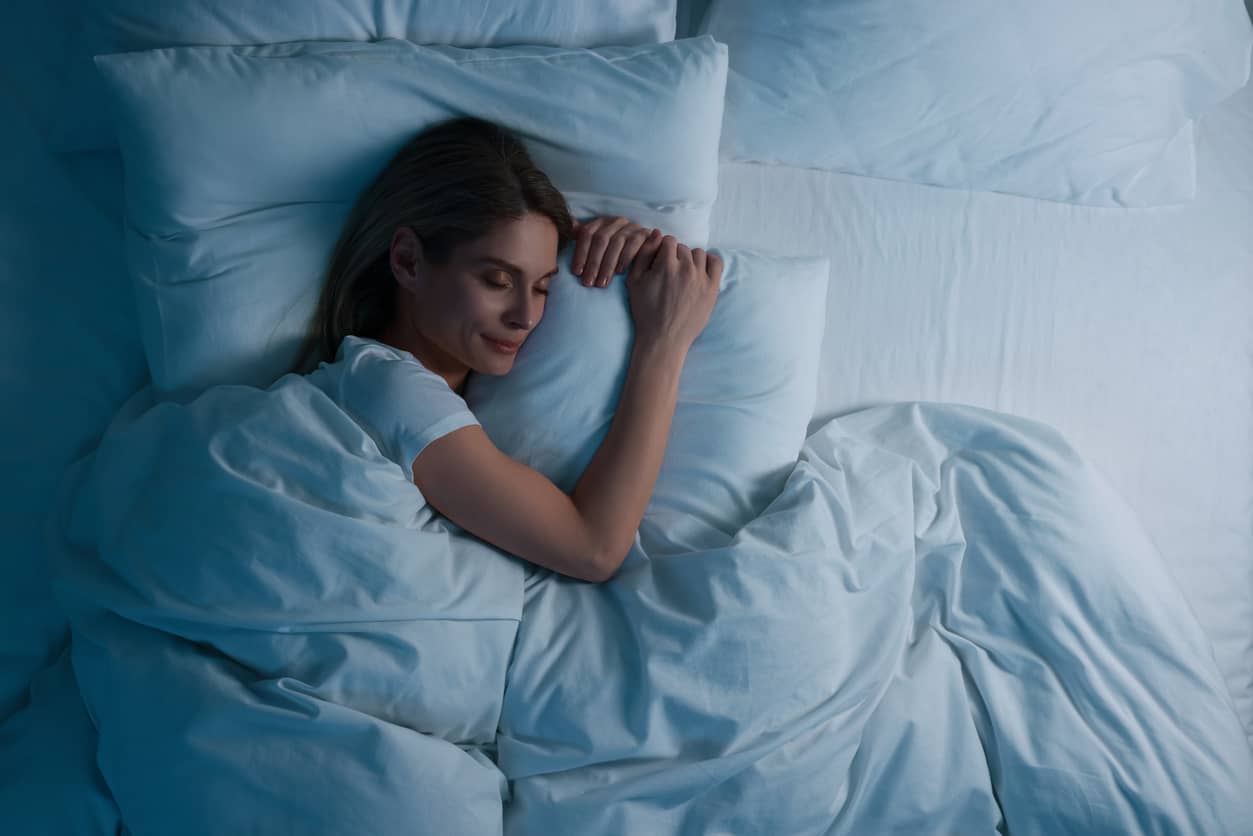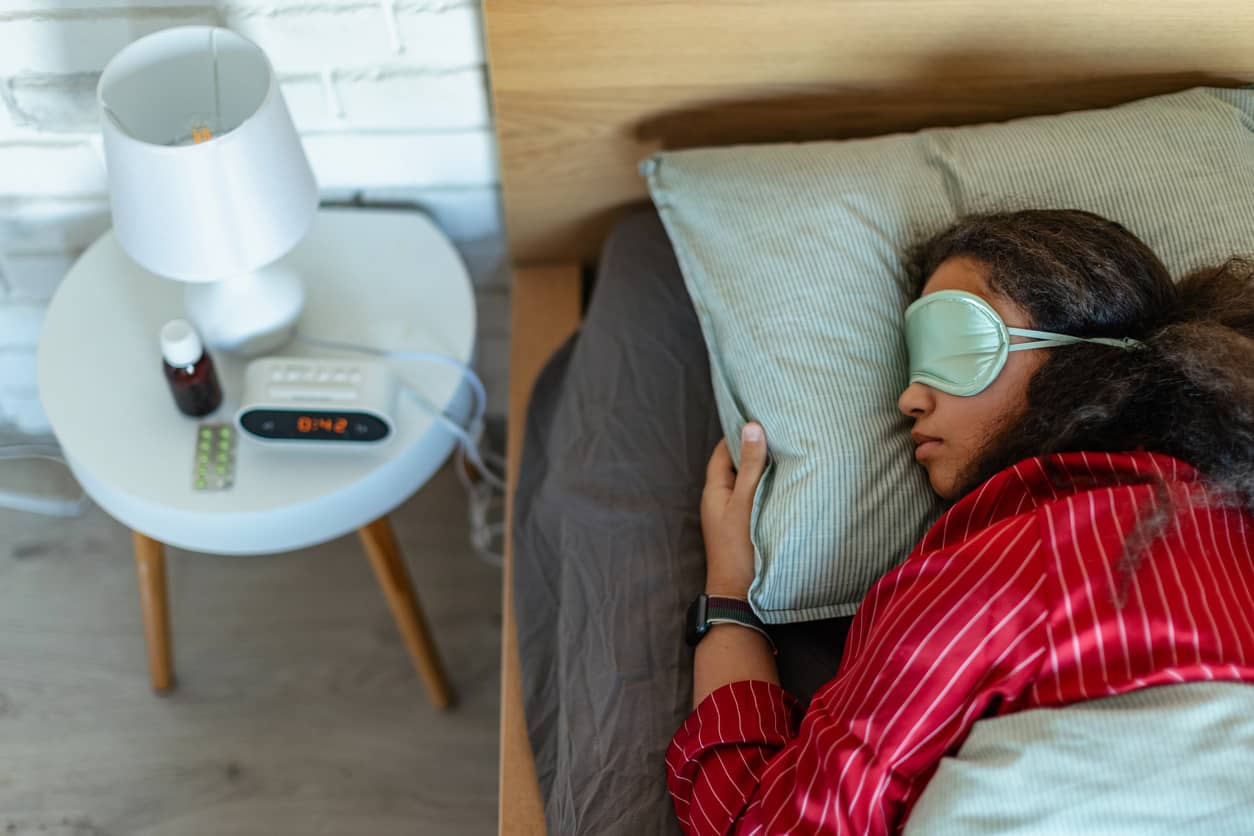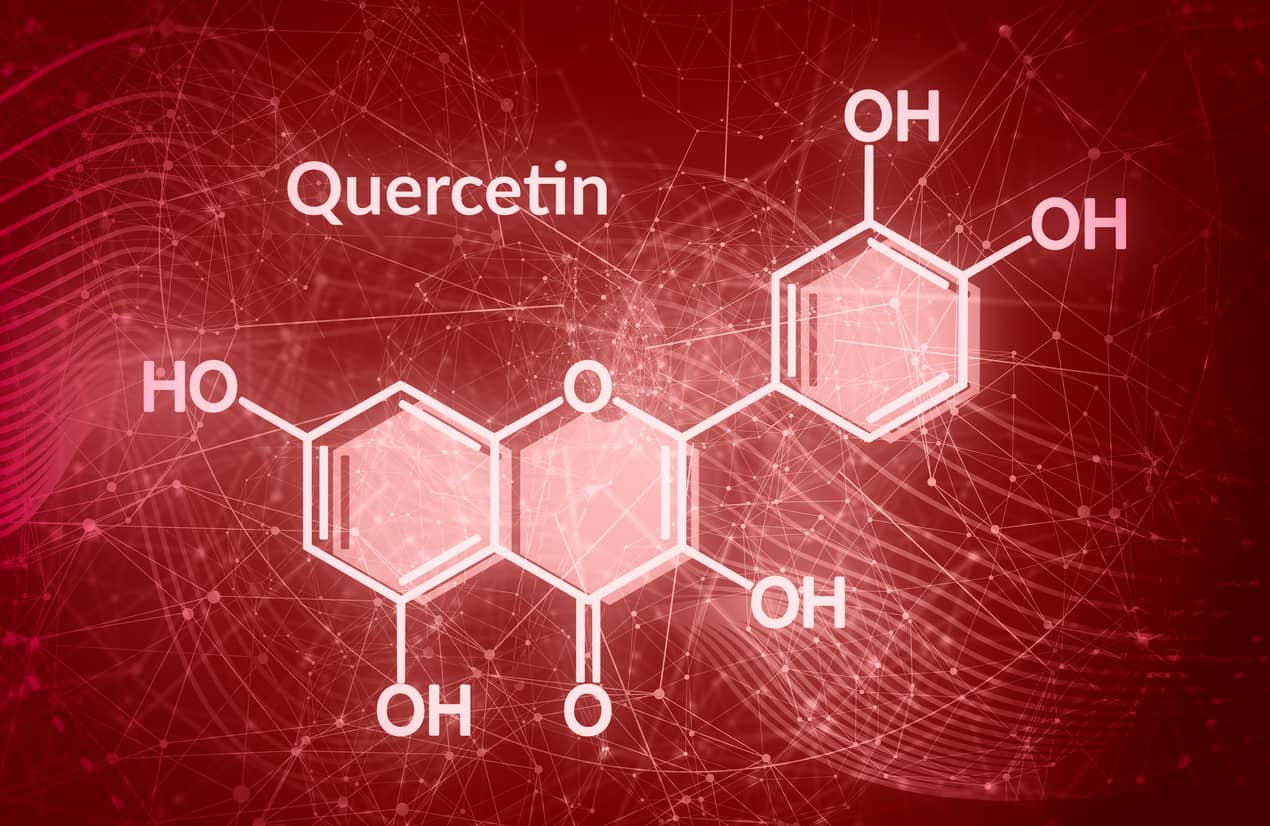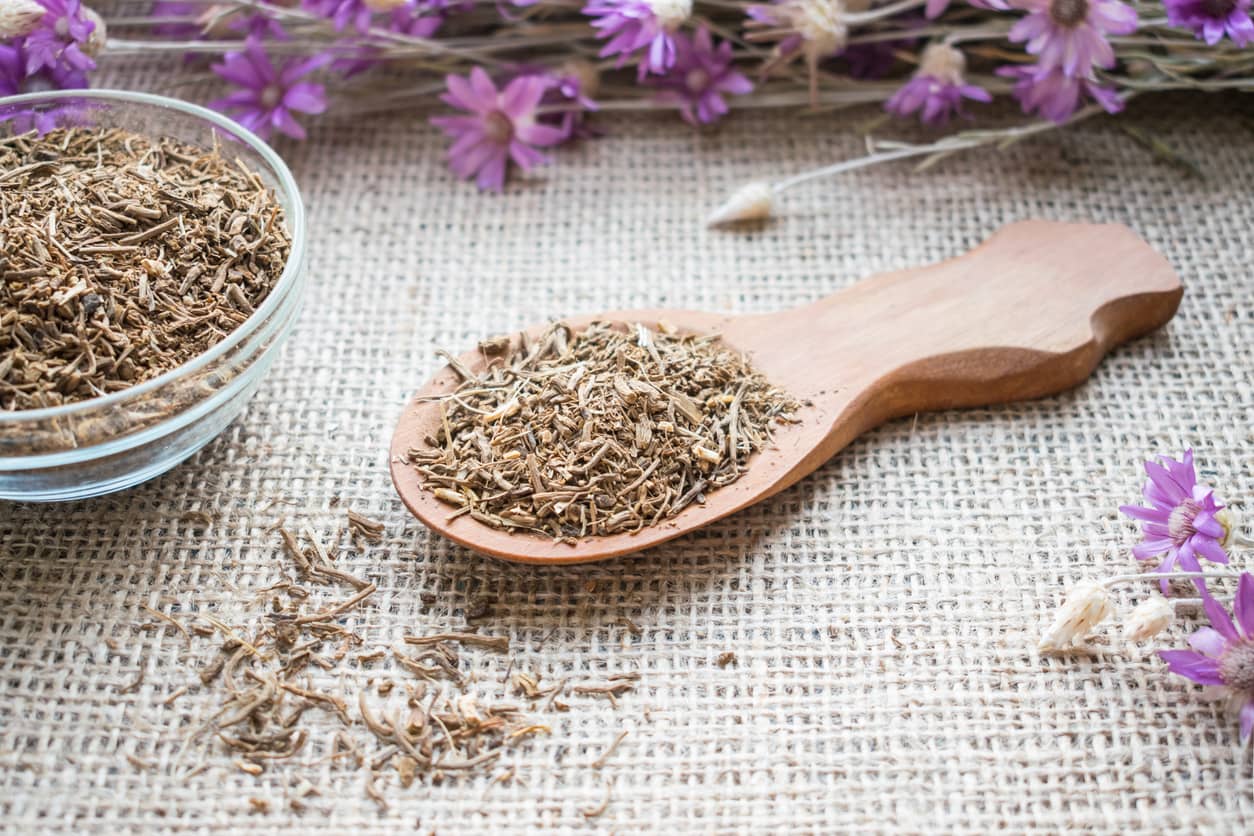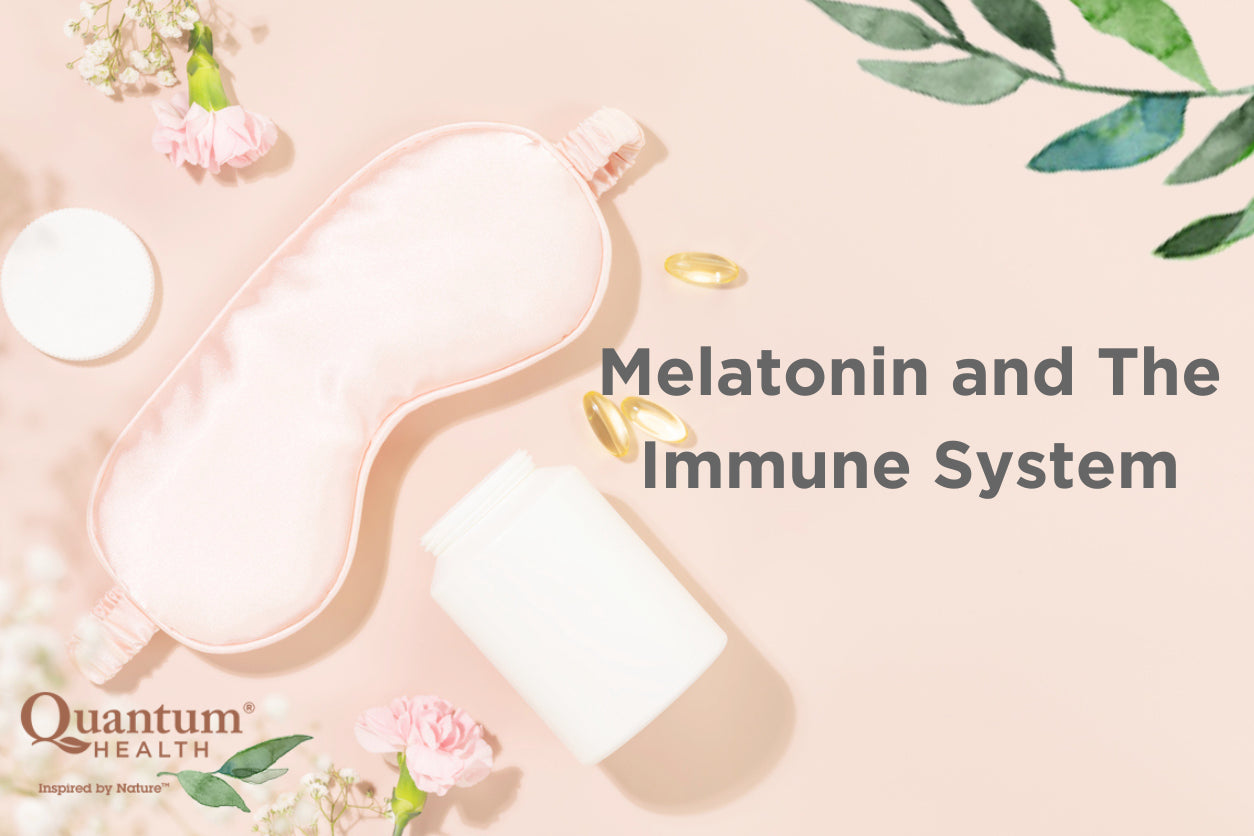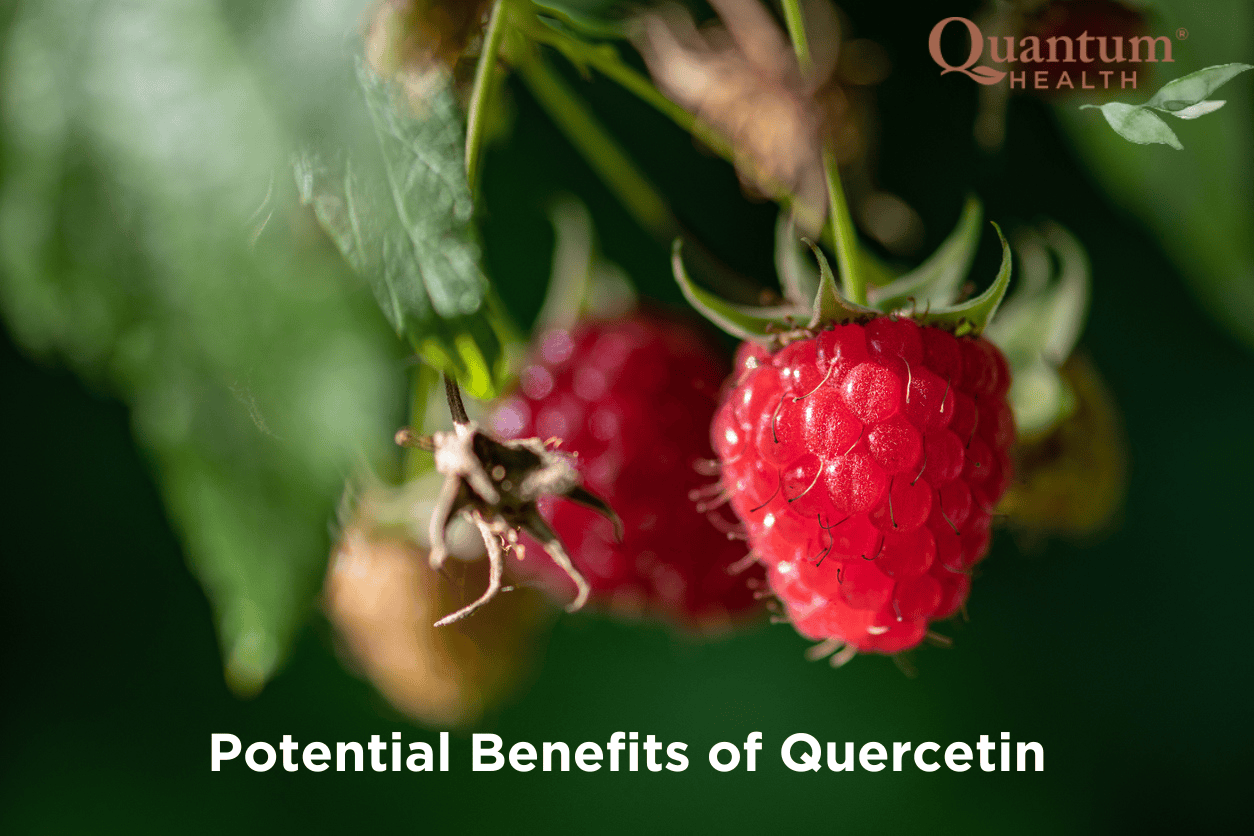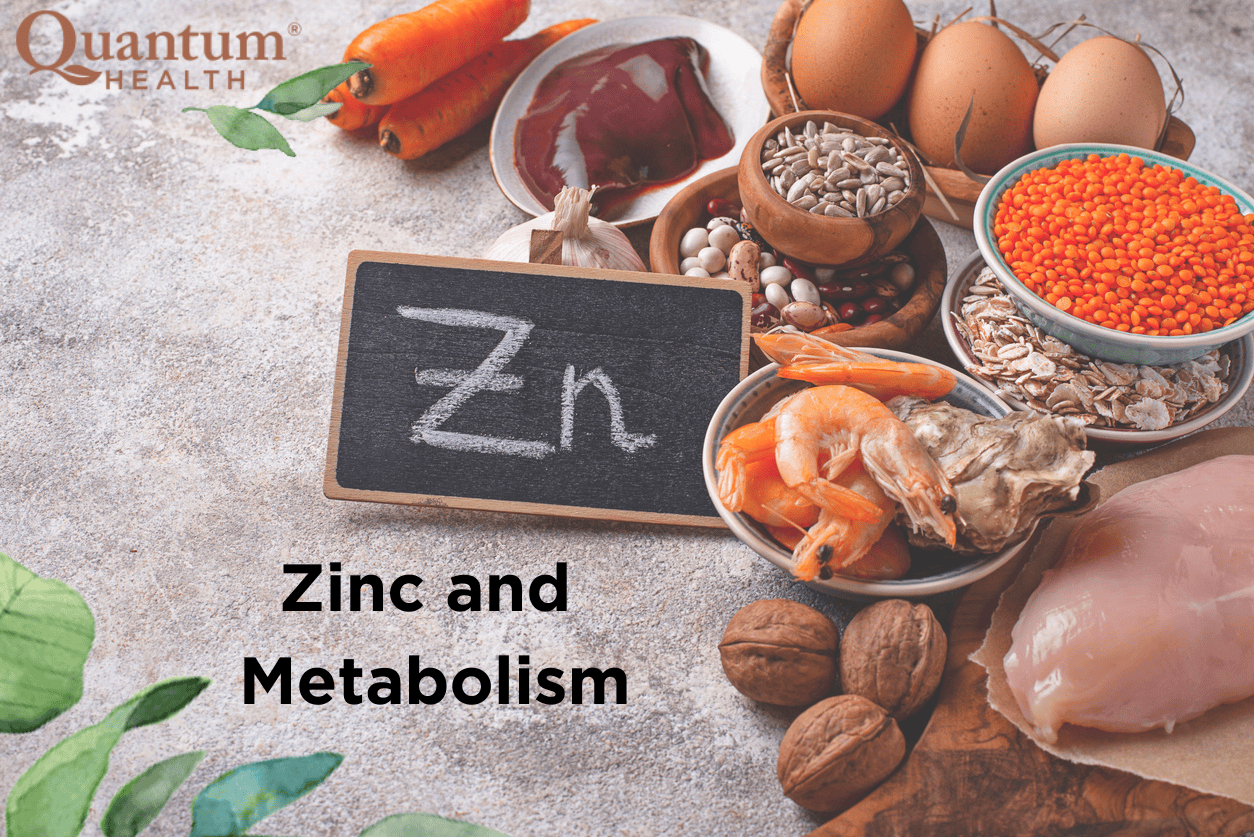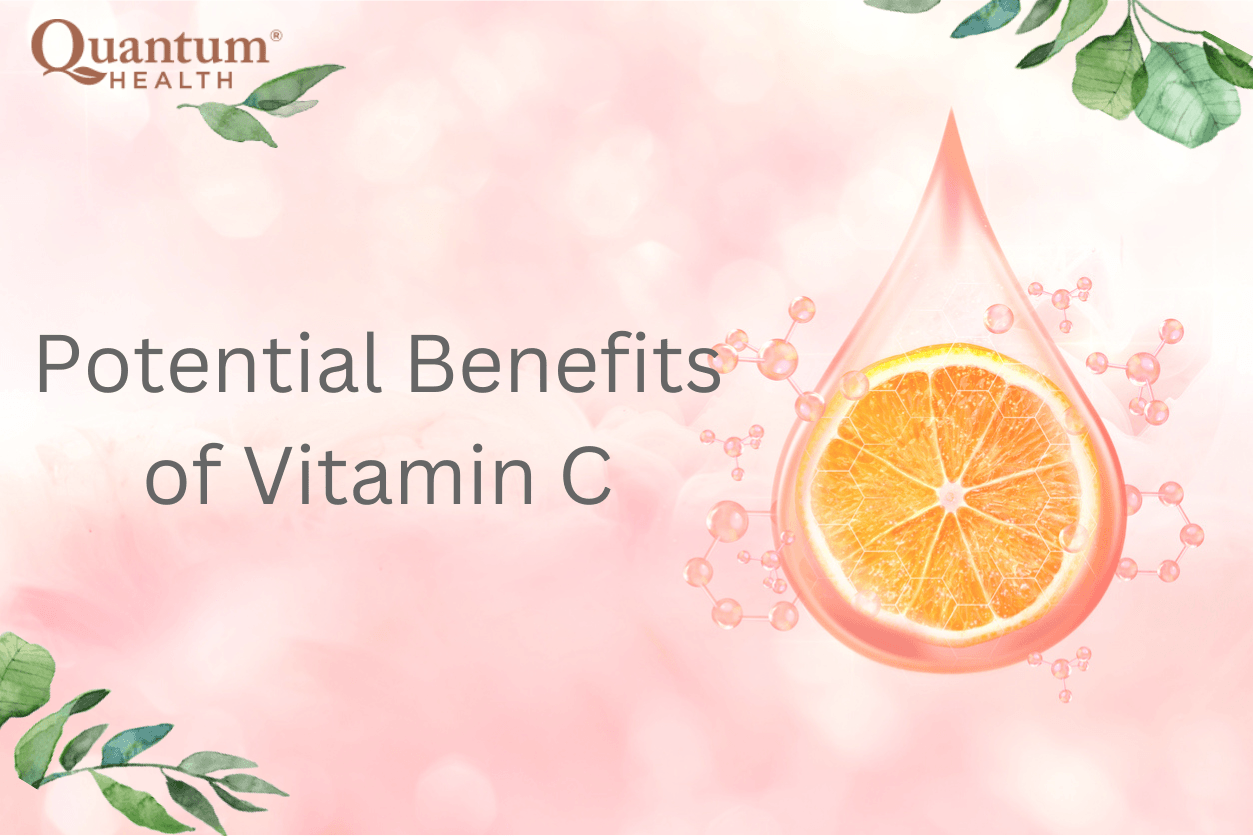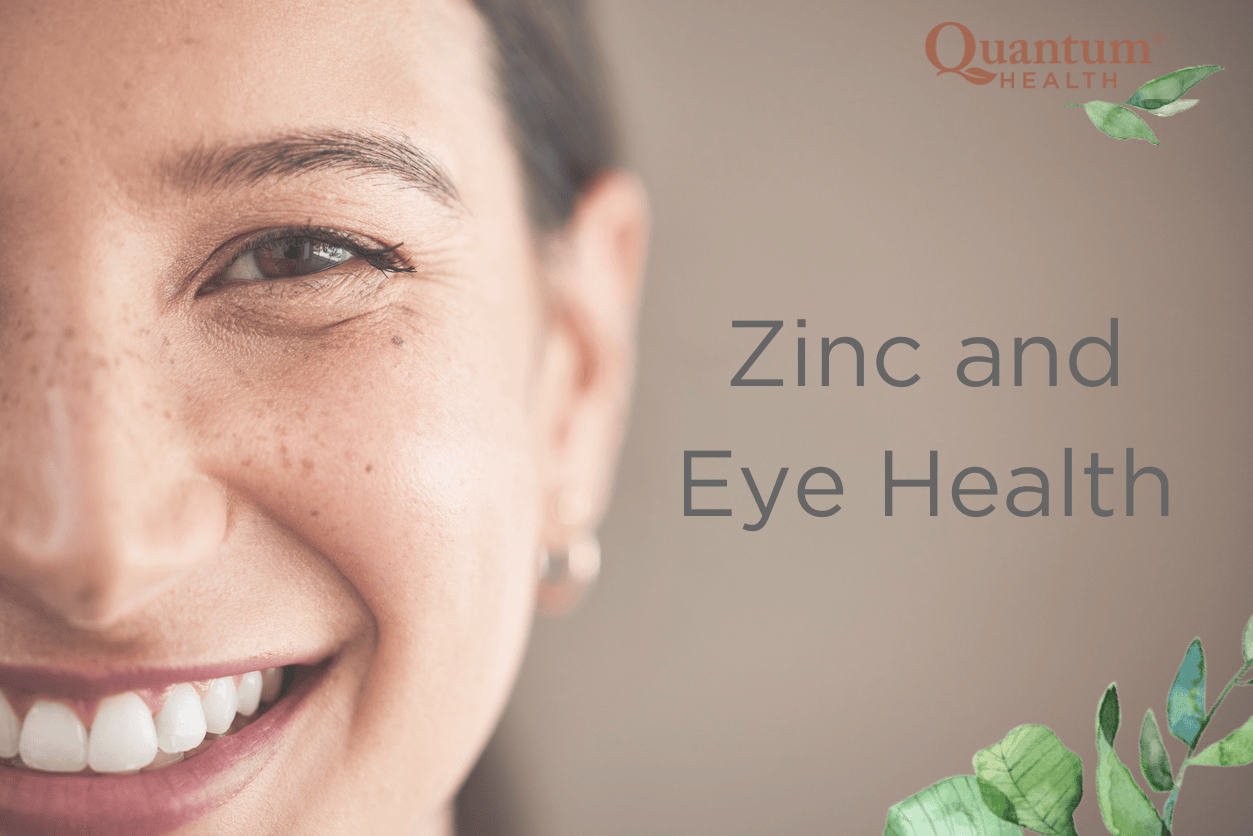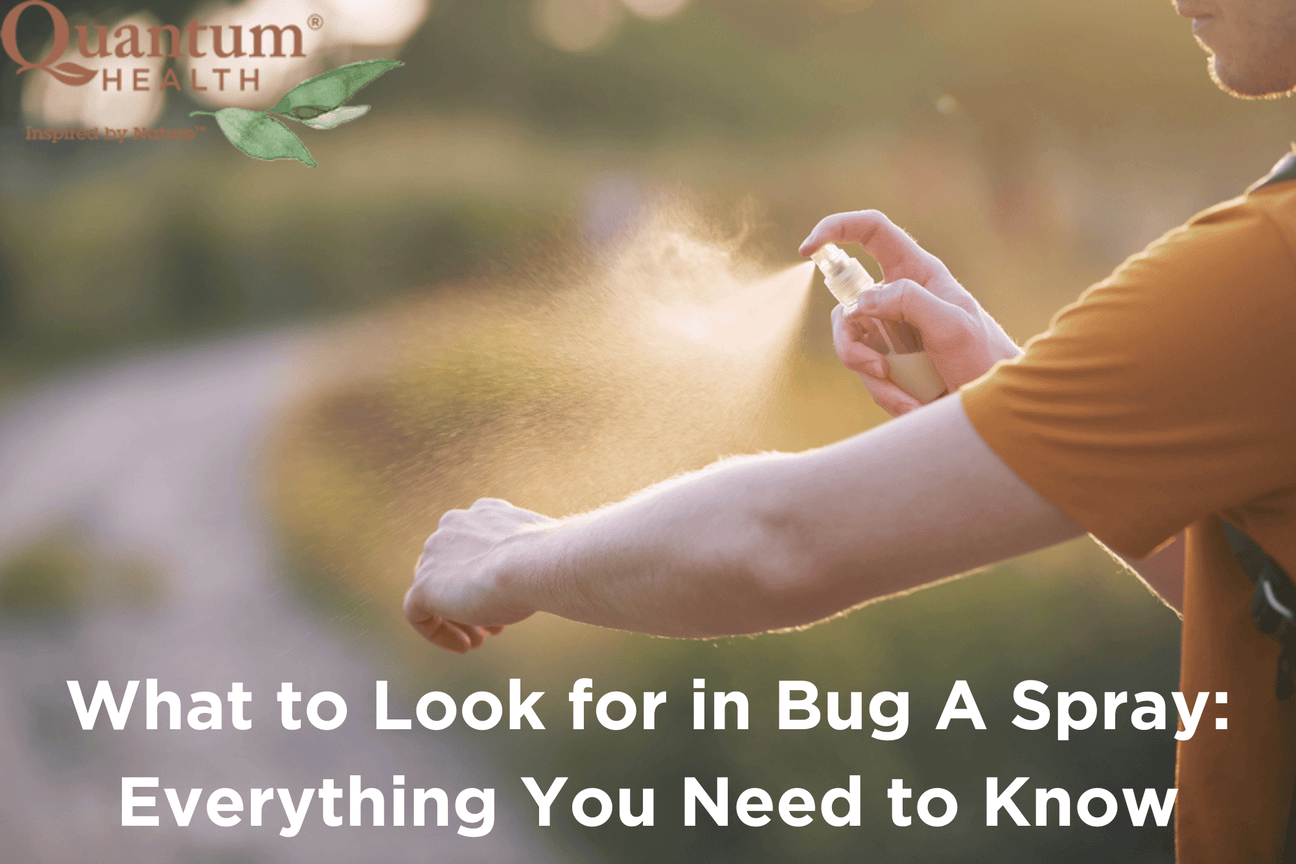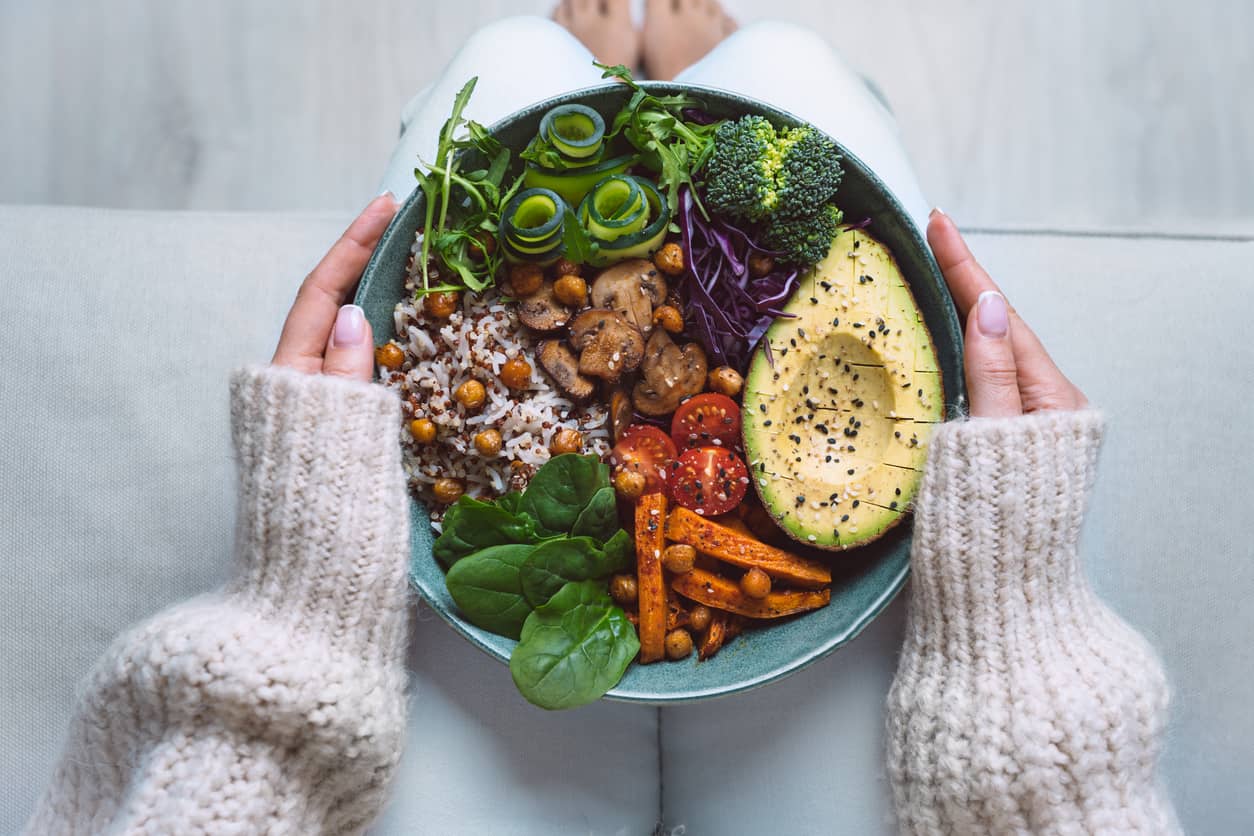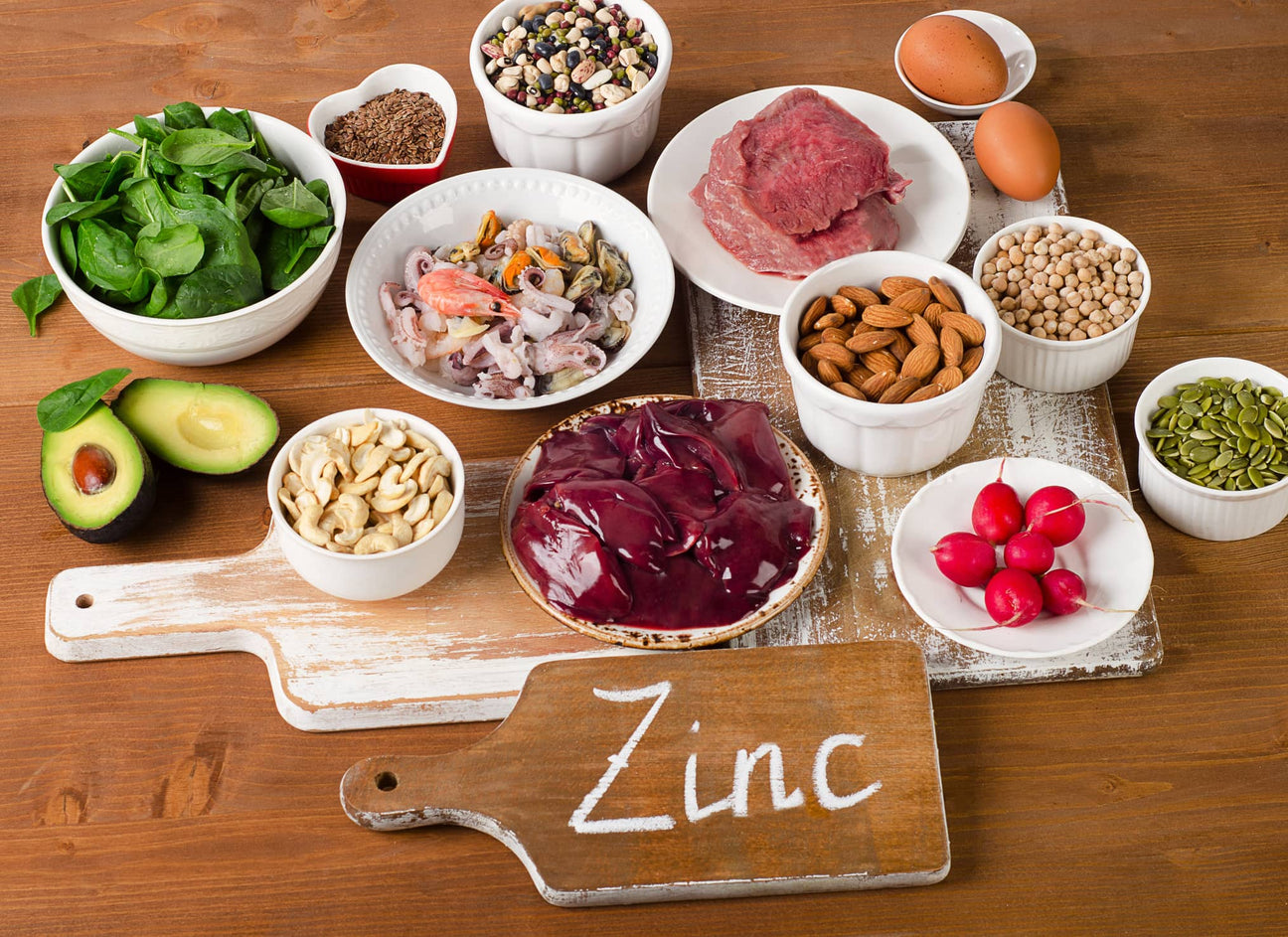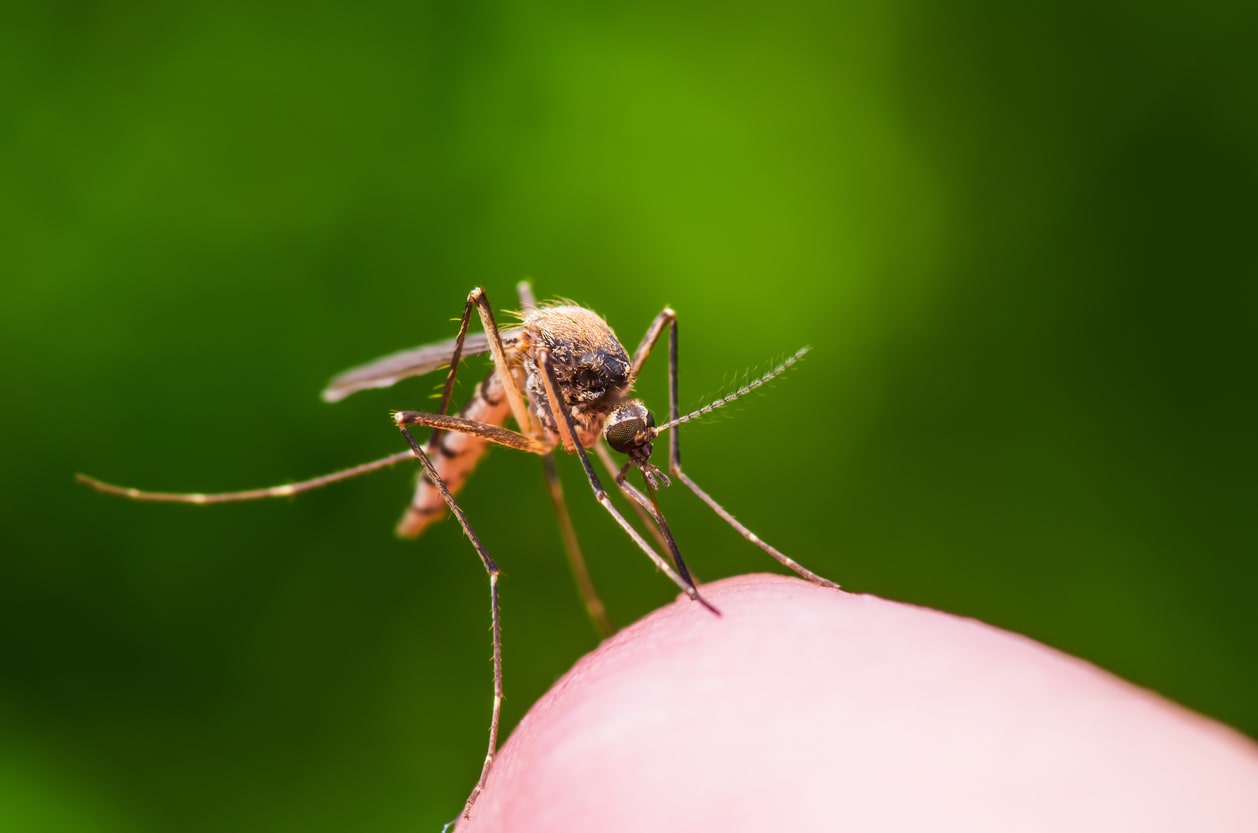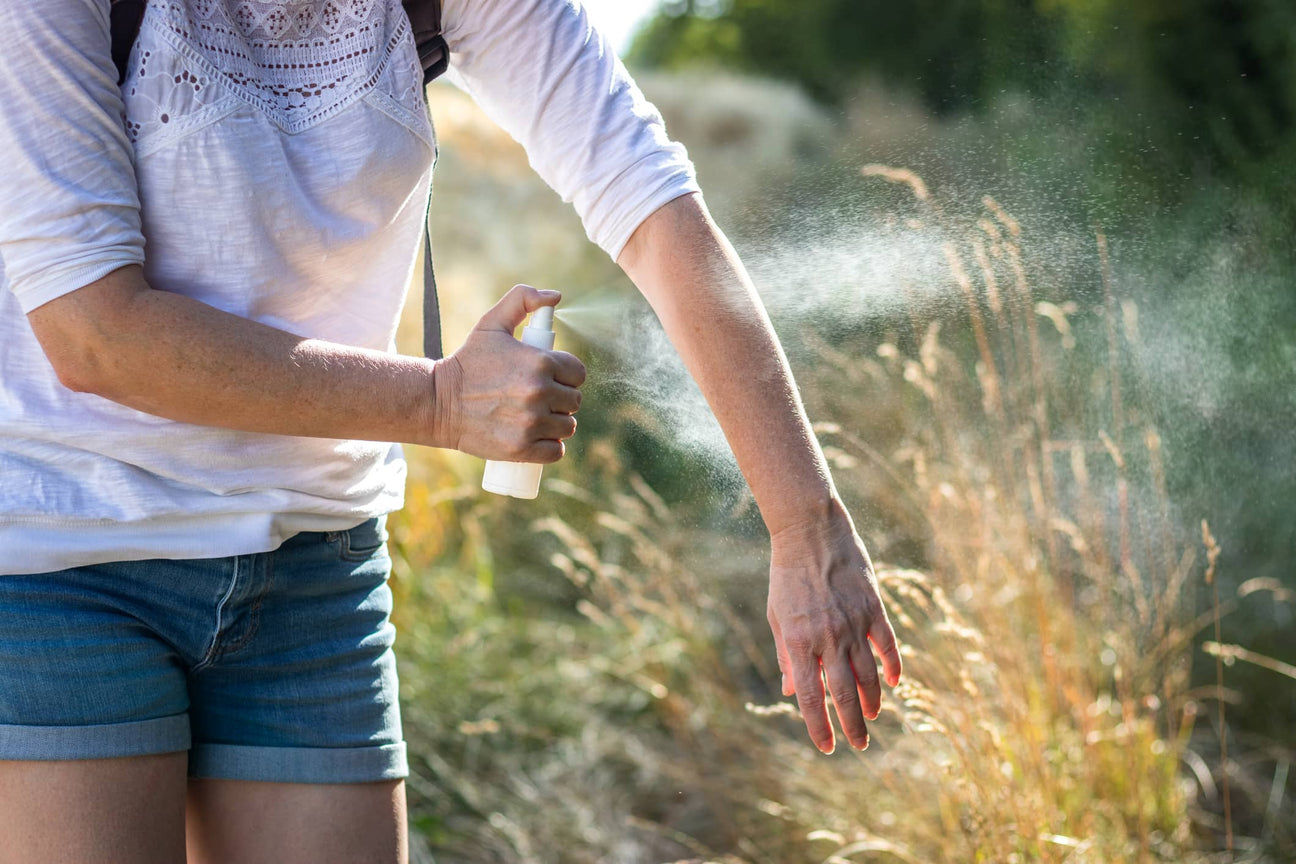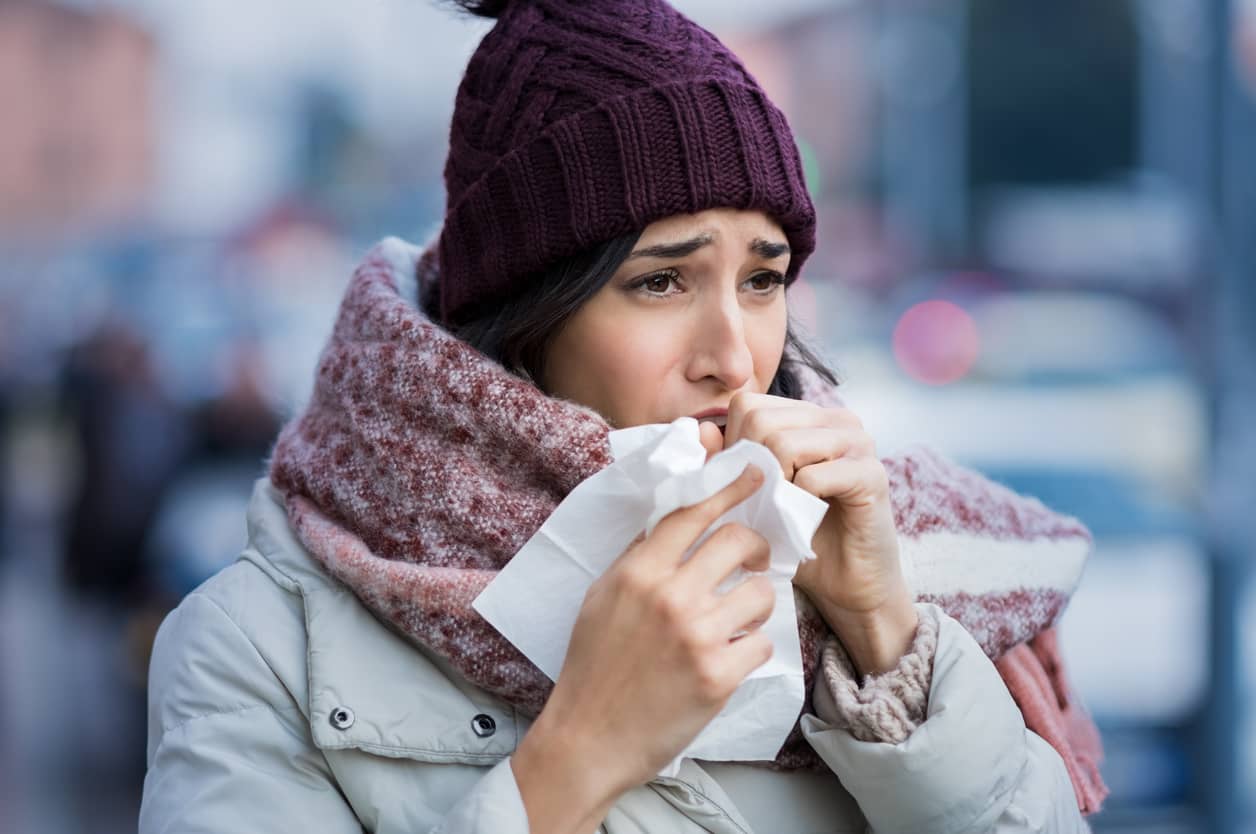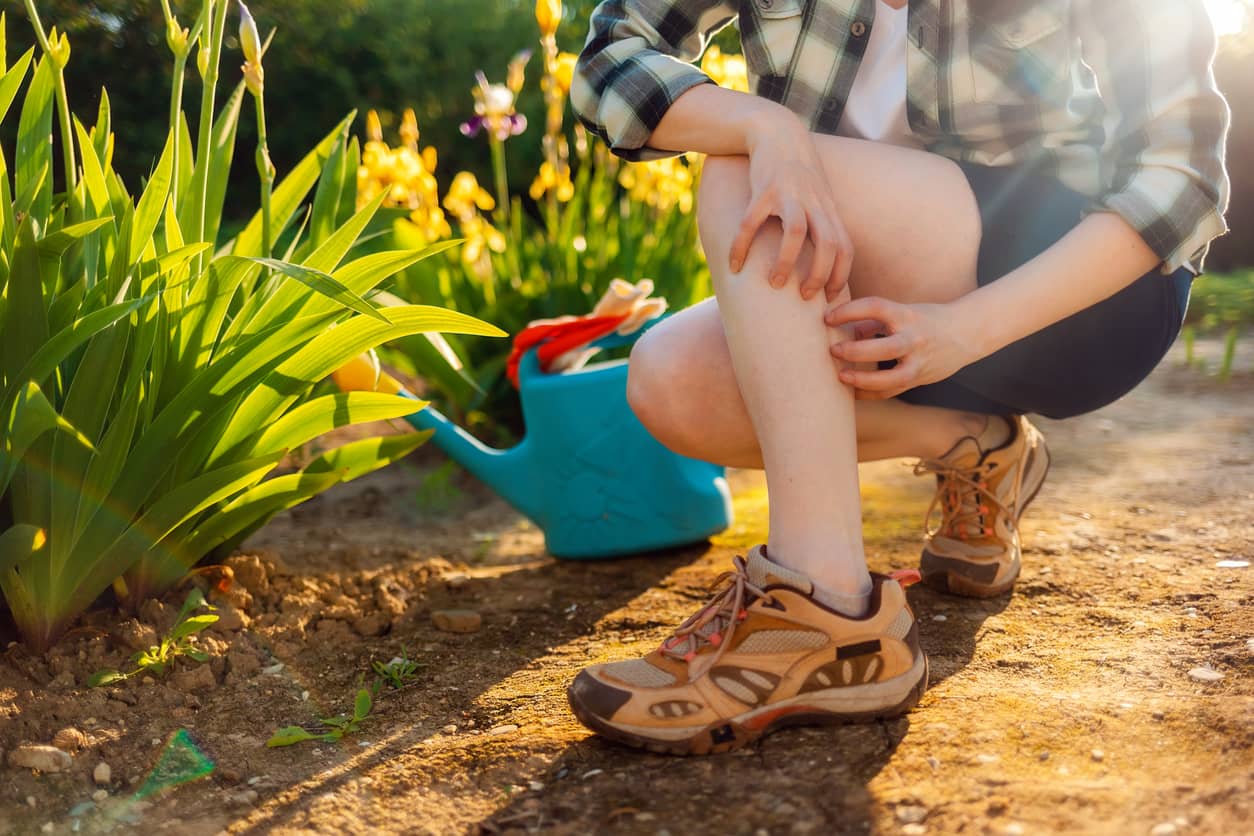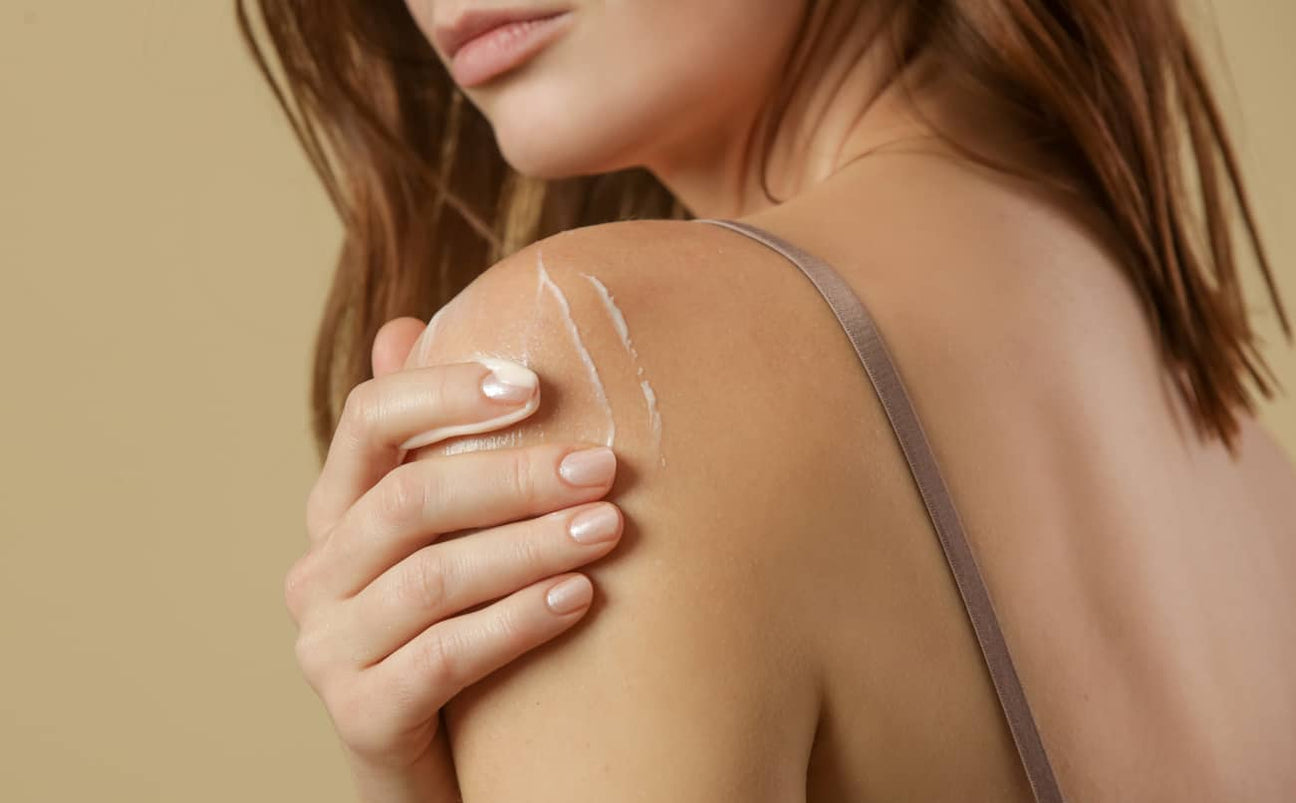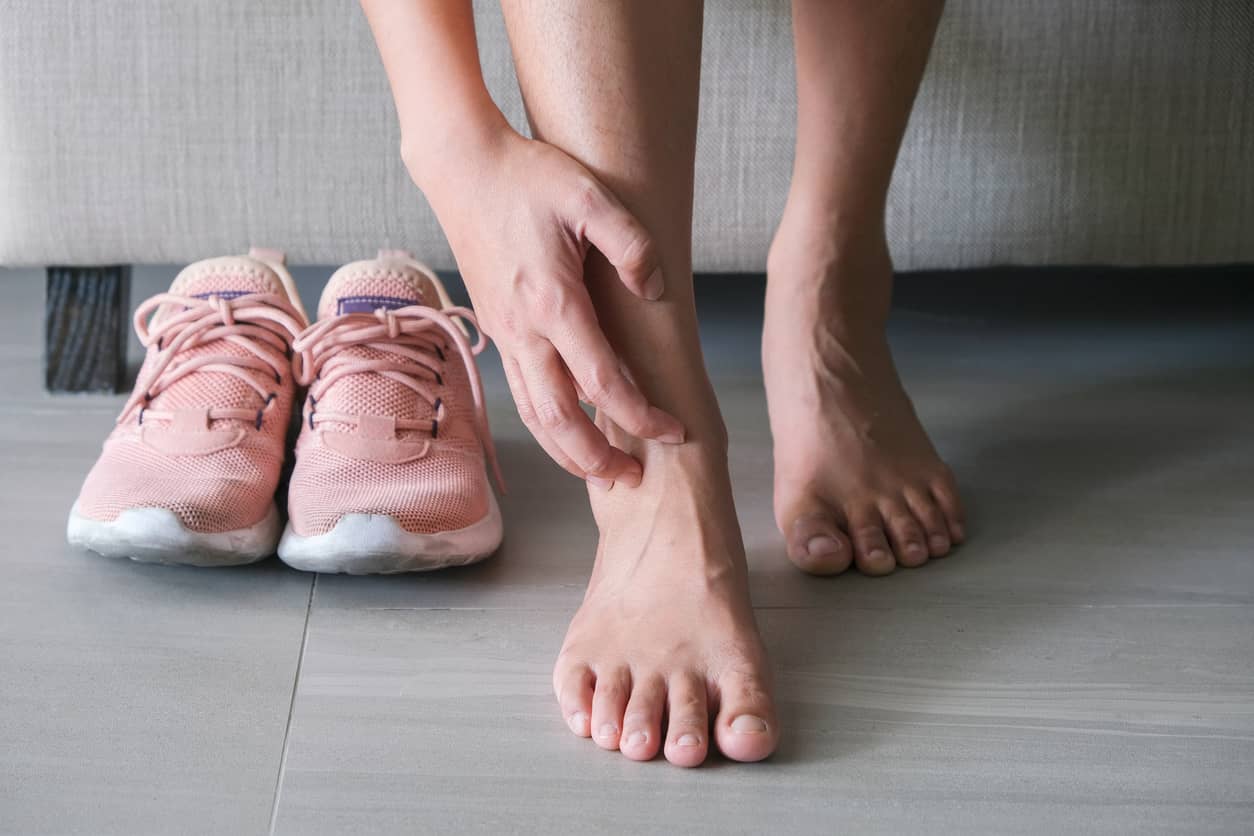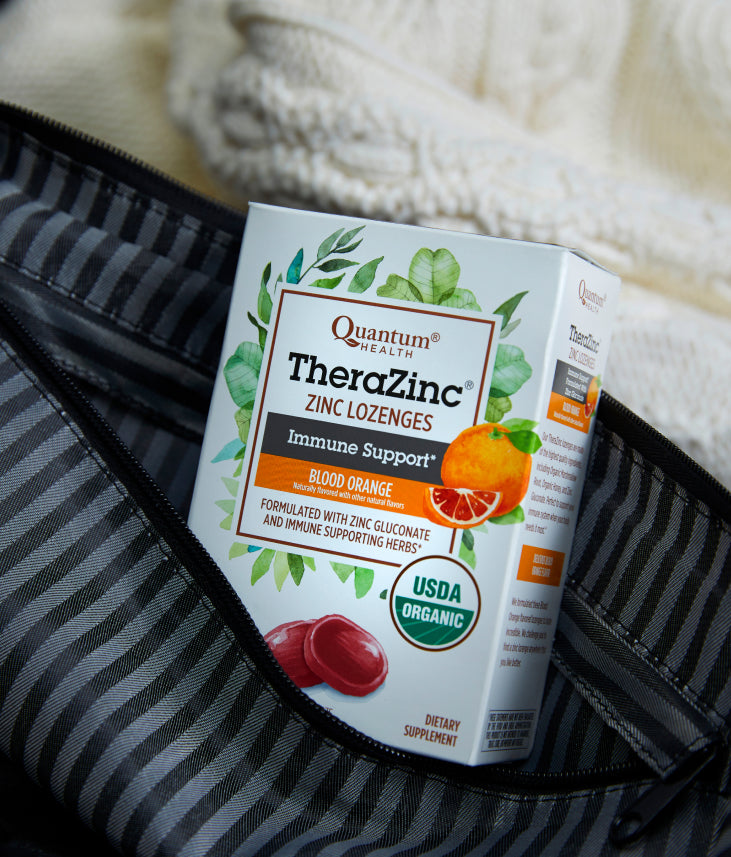What Triggers Cold Sores?
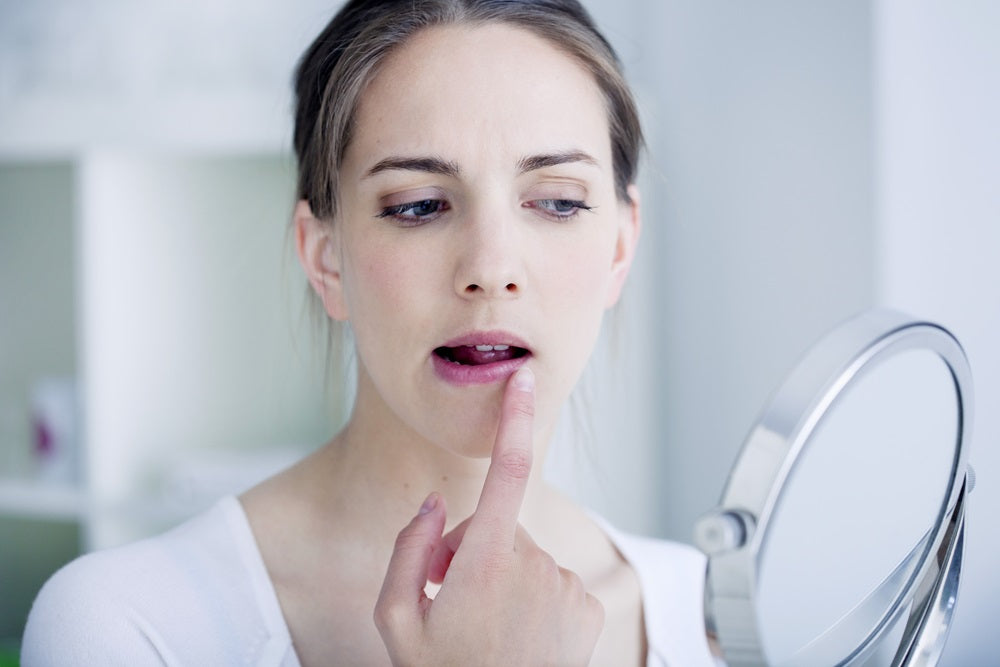
Top Cold Sore Triggers
- Stress: Weakens the immune system, making you more susceptible to cold sores.
- Weakened Immune System: Being sick or run-down increases the risk.
- Weather: Cold weather and UV rays can trigger outbreaks.
- Certain Foods: Foods high in arginine, such as nuts and chocolate, can provoke cold sores.
There is never a good time to get cold sores, but why does it seem that they seem to spring up at the worst times? Turns out, there’s probably a reason for that. And while you’re cursing their existence and wondering where they came from, you probably have many more questions.
Good. We have answers.
What is a cold sore?
If you’re thinking that cold sores look like blisters, you’re right—they’re also called fever blisters. Usually, they pop up on your lips, but sometimes they can make an appearance on your nose, cheeks, or fingers. It’s typical to see some yellow oozing, which will eventually scab, and then heal. The whole cycle takes about 7-10 days, during which time you will be in the unfortunate position of passing your cold sore on to others.
Are cold sores herpes?
Yes. The cold sore is caused by the HSV or Herpes Simplex Virus. There are two strands of this virus, HSV-1 and HSV-2. The HSV-1 is the virus normally connected to the common cold sore. HSV-1 is easily spread by kissing, bodily contact, and sharing things like utensils, towels, toothbrushes, and razors.
Who gets cold sores?
Most of us will get a cold sore at some point. This is actually (kind of) a good thing because once we are exposed to one, our bodies kick into high gear to produce antibodies to prevent another outbreak. However, this doesn’t work for everyone because about 40% of us will continue to get cold sores.
What triggers cold sores?
Stress.
Stress is an opportunistic beast. It weakens your immune system and makes your body a prime target for viruses, like cold sores, to swoop in and wreak havoc. That’s why when life hands you more lemons than you could ever make into lemonade—bam! A cold sore.
So it’s important to know your stressors and try to jump ahead of them. Take time to do the things that bring you joy. And if you are overwhelmed, don’t ever be afraid to ask for help from friends, family, or a medical professional.
A weakened immune system.
When you are fighting a fever, cold, or flu and are feeling run down, you are more susceptible to cold sores. But there are things you can do to fight back when your immune system is taking a snooze. Get plenty of rest. Feed your body nutritious foods. Take supplements to support your immune system, like a high-dose lysine dietary supplement.
Weather.
Cold weather equals dry chapped lips. And when your lips are dry, they invite the cold sore virus to attack. Same with sunlight. Too much of it allows UV rays to damage to your lips, leaving the door wide open for the dreaded cold sore to appear. Thankfully, that’s an easy fix. Use a lysine lip balm to help keep your lips moist and protected.
Certain foods.
Just when you thought you were doing the right thing by eating healthy foods, it turns out that some of them may not be helping you in your fight against cold sores. Arginine is an amino acid found in many of the foods we eat and might be responsible for triggering a cold sore outbreak. Wheat bread, squash, oats, many types of nuts, dark chocolate, and dark leafy greens all contain arginine.
Can cold sores be life-threatening?
While a cold sore is a nuisance and can be painful, it is not normally life-threatening. However, there are instances where cold sores can take a serious turn. Cold sores can be life-threatening for people who have weakened immune systems due to HIV, chemotherapy, or certain medications.
Severe cases of eczema can also create conditions where cold sores can affect large parts of the body.
Also, in rare cases, the cold sore virus has been known to attack areas like the eye, which can affect vision, or the brain, which can cause meningitis or encephalitis.
How do I treat cold sores?
Don’t let a cold sore slow you down. For the ultimate in cold sore prevention, cut your healing time in half with lysine cold sore treatment, then cover your cold sore with a cold sore bandage to protect and hide it while it heals.
Source Info
https://www.mayoclinic.org/diseases-conditions/cold-sore/symptoms-causes/syc-20371017
Share
Your share can inspire countless others.
























